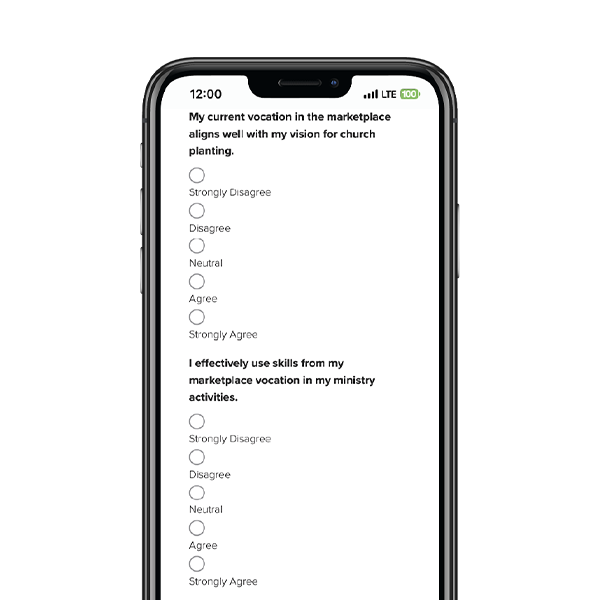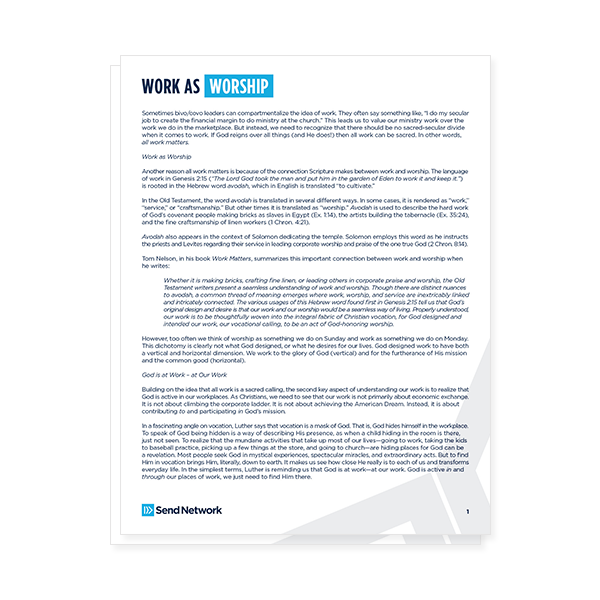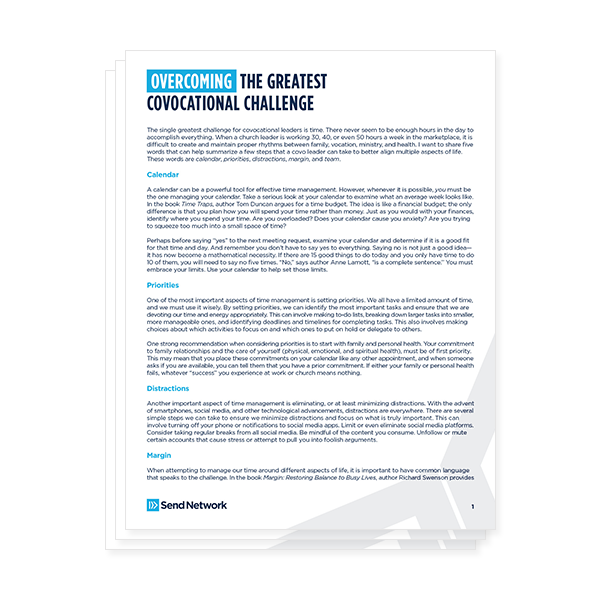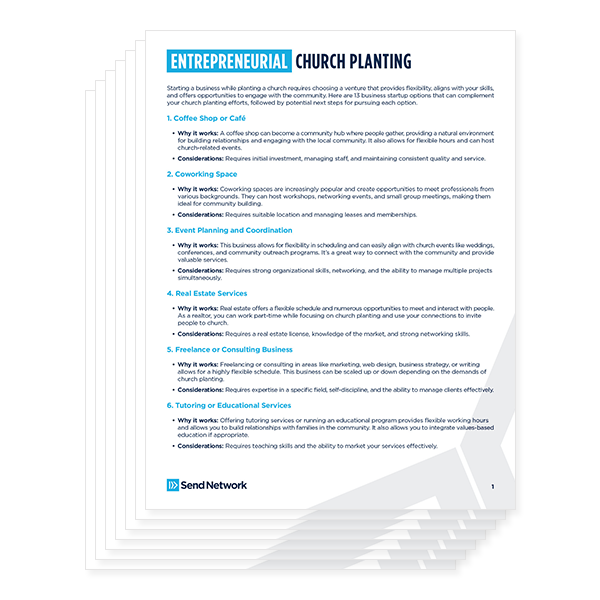I know different planters and pastors have different strategies for the ministry of the Word–topical or expository, book by book or short series, monologue or dialogue. Some people want to preach the Bible to people. Others want to preach people the Bible. Others want to communicate for change. But none of this matters if the man with the microphone isn’t a man of the Book.
One of the things that God has convicted me of over the years is loving my voice more than His. Many planters want to plant a church and, if they are brutally honest, part of the reason is because they want to hear their own voices. Whether they believe they can preach better than the man in the pulpit at their home church or they just feel a distinct call to preach, there is a danger in loving your own voice more than God’s. So a big part of my development as a preacher and one of my main goals in my development of other preachers is to compel men to love the voice of God given to us in the Scriptures more than their own. If they can sense the thunder of the Lord as they read their Bibles, they will thunder in the pulpit.
What does this look like practically? I would encourage every prospective preacher to read and pray Psalm 19 every day until they believe it in the depth of their soul. When he does, he will have no trouble pouring over pages of Scripture every single day in order to feed himself so he can feed others. Because if there is any “secret” to preaching it is just that–-letting God’s voice feed the people in the seats.
Because I want to love God’s voice more than mine, I endeavor every week to tell the people what God’s Word says. In order to do this, I follow several steps in sermon preparation.
Step 1: I print out the text, 14-point font, triple spaced on single-sided paper. As soon as I press print, I begin praying for God to open my heart and mind to His Word on these pages.
Step 2: Using six different colored highlighters I mark different themes, words, characters or concepts that are repeated throughout the text.
Step 3: I use a red pen and walk through the entire text marking the who, what, when, where, why and how questions that each verse provides the answers to. Using a blue pen, I make observations about the text, in the text, drawing lines, asking questions, making numbered lists and discovering connections. Using a black pen, I note other places in Scripture these themes, words, characters or concepts are found.
Step 4: I check my work against the work of faithful commentators.
Step 5: Using my notes from steps two through four, I create a textual outline.
Step 6: Borrowing the verbiage from Tony Merida in Faithful Preaching, I use the textual outline to find the main point of the text–a past-tense statement showing what the text meant to the original audience.
Step 7: Using the main point of the text, I identify the main point of the sermon–a present-tense statement based on the main point of the text that communicates that point to the people I’ve been given the task to teach.
Step 8: Using the main point of the text and the main point of the sermon, I create a sermon outline. Using my notes from steps two through four, I put the “meat on the bones” of my outline.
Step 9: My normal Sunday routine includes getting up at least three hours before I have to leave my house and before my family is awake so I can get alone with the Lord. I agree with Martin Lloyd-Jones who said, “Preaching is a Word from God for a people in a moment,” and, “Preaching is theology coming through a man who is set on fire.” So every Sunday before I stand up to proclaim God’s Word, I ask Him to speak to me; I ask Him to set me on fire.
Biblically, preaching is one of the most important ministries of the church. And it is one of the most important qualifications of a planter. Hopefully, my list has been helpful, but what’s most important is that you find a system for reading, studying and proclaiming God’s Word and work and use that system week in and week out for the glory of God and the joy of His church.
Published June 9, 2016




